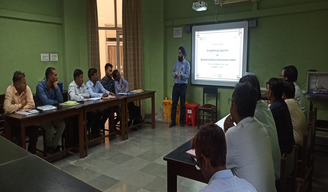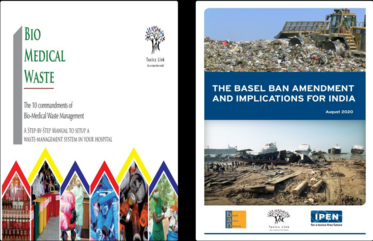MERCURY FREE DENTISTRY
WHO considers mercury to be one of the top ten chemicals of public health concern as it causes significant damage to the environment and to the human health. It has toxic effects on the nervous, digestive and immune systems, and on lungs, kidneys, skin and eyes. Exposure to mercury – even small amounts – can cause serious health problems, and is a threat to the development of the child in utero (in the womb) and early in life. Hence to address these issues and to protect human health and the environment from hazardous and toxic mercury, 140 countries in Geneva adopted a ground-breaking, world’s first legally binding treaty on mercury called “Minamata Convention on Mercury,” in January, 2013, limiting the use and emission of health-hazardous mercury. To-date, the convention has already been signed by 94 countries.
Mercury is used in various sectors and health care happens to be one of the important one. In health care sector mercury is used in dental amalgam, sphygmomanometers, and thermometers. In dentistry, mercury is used as a part of restorative filling material called dental amalgam and account for nearly 50% of the filling. It is a well-known source of continuous mercury exposure for the general population. While doing an amalgam filling, not all the mercury goes into the filling, a part of it is released to the environment as well. Once in the environment, it doesn’t remain limited to its source but travels, at times even thousands of kilometres away from the source. So there is a pressing need to curb the menace of mercury at the earliest.
Recognizing the importance of the issue, Toxics Link started a campaign- “Mercury Free Dentistry” in India and has been working with different stakeholders in the field of dentistry which includes the Dental Council of India, Indian Dental Association, dental colleges, manufacturers and dealers of dental amalgam across the country, Ministry of Health etc. In India considering the type of dental practise and its popularity among dentists and patients, we must also comply with the use of amalgam by implementing the best possible methods to minimise the extent of environmental damage.






